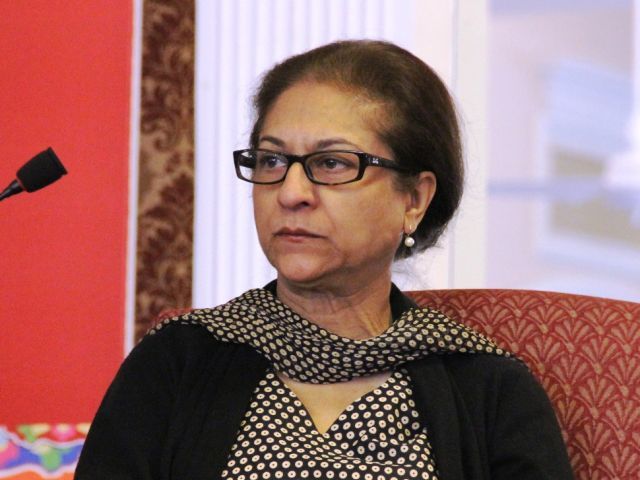
ISLAMABAD: Human rights activists have called for equal access and fullest participation of women in corridors of power and public institutes in addition to increasing their capacity to engage in decision-making and leadership roles.
Speakers at a conference “Women in public life: breaking the barriers,” organised by the Human Rights Commission of Pakistan (HRCP) on the eve of the International Women’s Day, here on Monday, called for real participation of women in every sphere of life instead of mere symbolic involvement.
At the conclusion of the conference participants also adopted resolutions recalling country’s obligation under international treaties prohibiting any discrimination on the basis of sex and gender.
The participants also noted with concern the dismal proportion of women representation in positions of power and leadership in the legal profession, in governance and in the parliament, which, they said was among the lowest in the world.

They also urged to establish gender balance in government bodies and committees and in the judiciary, if necessary through affirmative action.
The participants also called for gender-sensitive training for women and men.
They urged politicians to examine party structures and procedures to remove various barriers to participation of women in the electoral process.
The conference was attended by speakers from diverse backgrounds, including Supreme Court Bar Association (SCBA)’s former president Asma Jahangir, Advocate Sarkar Abbas, Awami National Party leaders Afrasiab Khattak and Bushra Gohar, and human right activists Fauzia Saeed and Farzana Bari.
Jahangir said that there were a lot of hindrances for women lawyers. “Women never came in Pakistan Bar Council (PBC), where votes are sold at Rs150 million,” she said and added that some women sessions and district judges particularly in the K-P did remarkable jobs.
Saeed said that social acceptance of educating girls had grown but working had not.
Khattak said that women participation in politics was merely symbolic. He said that women quota was good until situation changed, but it was not a permanent solution.
Bari said that participation of women in politics had yet to emerge at the grassroots level in the country.
Celebrating resilience
A seminar highlighting the resilience and achievements of Pakistani women was organised by the Potohar Organization for Development Advocacy (PODA) in partnership with the US Embassy.
Speaking on the occasion, PODA Executive Director and Punjab Commission on the Status of Women (PCSW) Member Sameena Nazir said, “We cannot overlook the achievements of Pakistani women who work day in and out for a better tomorrow.”
“Women are playing a significant role in every profession,” she said.
US Deputy Chief of Mission Jonathan Pratt spoke about the United States and Pakistan governments’ partnership to support women’s rights and education.
“We are proud to work with the Pakistani government and the civil society to support women and girls achieve their full potential, aspirations and goals,” he said.
Published in The Express Tribune, March 8th, 2016.





































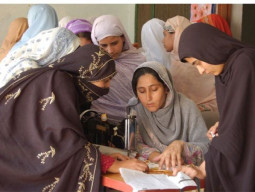




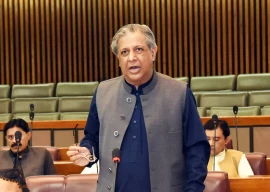
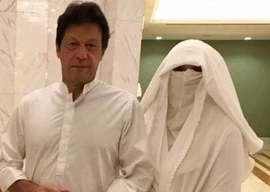
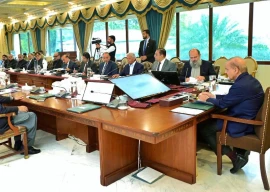





















COMMENTS
Comments are moderated and generally will be posted if they are on-topic and not abusive.
For more information, please see our Comments FAQ